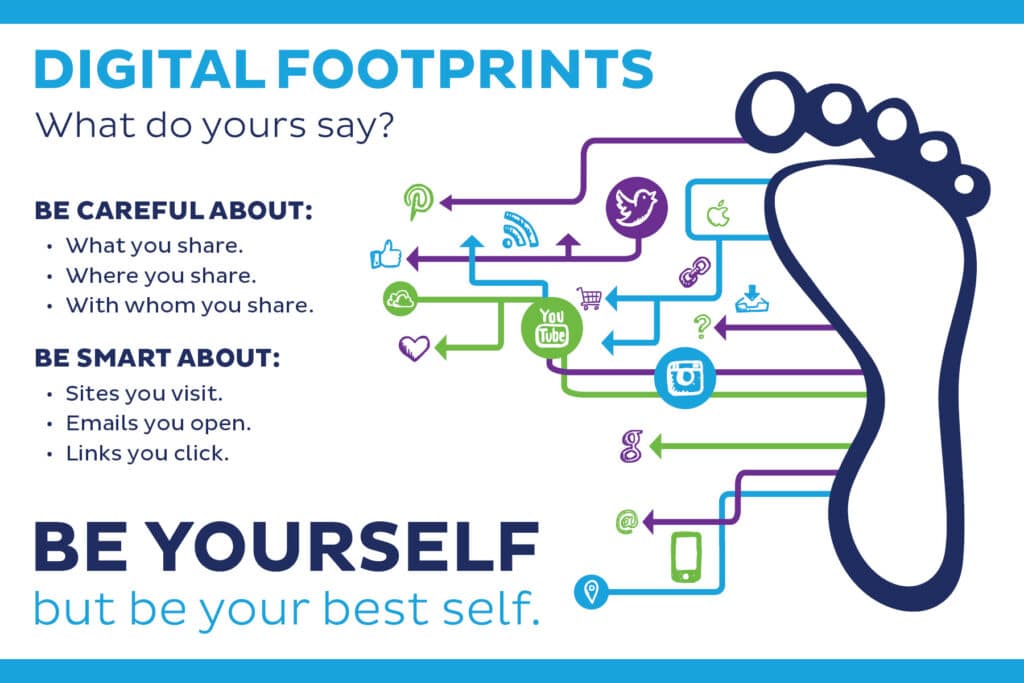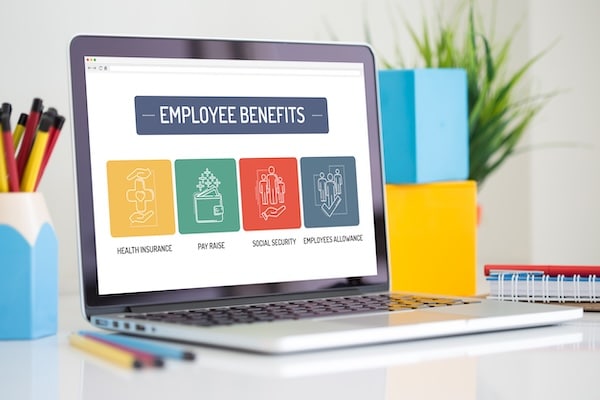When Security Feels Shaky

If You’re Feeling Uneasy, It’s Okay—These Are Uneasy Times.
If you’ve been feeling more anxious than usual lately—about your job, your finances, your future—you’re not alone. The unease you’re feeling isn’t just personal. It’s systemic, and it’s everywhere.
These are uneasy times.
From rising debt and unstable job markets to cultural division, global conflict, and constant shifts in workplace policy, today’s world feels like it’s moving faster and less predictably than ever. People are quietly carrying the weight of uncertainty in every part of life: wondering if their job is safe, if their values still align with their employer, if their debt is manageable, or if their financial cushion will be enough.
We’re all navigating a landscape where the rules are shifting—and the pressure to “hold it all together” is making that journey even harder.
üß± The Foundations Are Shaking
What’s particularly tough right now is that multiple pillars of stability—the ones we usually lean on—are under strain at the same time:
- Workplace policies are changing: Return-to-office mandates, downsizing, and budget cuts are reshaping what “job security” means.
- The economy is volatile: From inflation to rising interest rates, families are doing more with less—and often, falling behind in the process.
- Debt is rising: Credit card balances, student loans, and housing costs are climbing while wages lag.
- Politics feel polarized: Whether it’s national policy or local governance, many people feel unheard, unseen, and unsure about where things are heading.
- Global unrest is in the background: From war to climate-related events, uncertainty has gone international—and emotional fatigue is high.
It’s no wonder that people are feeling like they’re always bracing for the next blow. Even if you haven’t lost your job or faced a financial crisis, you might still feel a sense of instability—and that matters.
üßÝ How Perceived Insecurity Impacts Mental Health
Perceived job insecurity—even without an actual job loss—can trigger:
- Anxiety and chronic worry
- Sleep disturbances
- Irritability or difficulty focusing
- Physical symptoms like headaches or stomach issues
- Increased financial fear, especially for those with existing debt
When you’re already managing credit card payments, student loans, or medical bills, the thought of losing income—even hypothetically—can cause a stress spiral. The body doesn’t always know the difference between an imagined threat and a real one. And right now, the threats feel constant.
üßò‚Äç‚ôÄÔ∏è You‚Äôre Not Overreacting‚ÄîYou‚Äôre Responding to Reality
Let‚Äôs be clear: If you‚Äôre feeling off balance, tired, anxious, or overwhelmed‚Äîthat‚Äôs not weakness. That‚Äôs your body and mind reacting to a world that genuinely feels uncertain.¬Ý There‚Äôs nothing wrong with you for feeling shaken.¬Ý At the same time, there are steps you can take to feel a little more grounded‚Äîeven if you can‚Äôt control the external chaos.
üîß Simple Ways to Ground Yourself When Everything Feels Uncertain
These aren’t magic fixes—but they’re gentle levers you can pull when it all feels like too much.
- Name What You’re Feeling
Sometimes just saying, “I’m feeling anxious because I’m afraid of losing my job” helps reduce its grip. Naming your fear gives it shape—and reminds you that you can respond to it.
- Run a “What-If” Budget Check
If your income suddenly shifted, what would change? Are there expenses you could temporarily pause? A quick scenario plan can bring peace of mind—because uncertainty feels worse than a plan.
- Look at Your Debt with Gentle Eyes
Avoidance feeds anxiety. Take a quiet moment to assess what you owe and what the minimums are. Understanding your financial reality (without judgment) is a powerful first step.
- Create a “Stability Ritual”
Find one thing—daily or weekly—that brings you a sense of steadiness. A walk, a journal entry, a Sunday finance check-in. Routines offer emotional safety when the world doesn’t.
- Talk to Someone You Trust
Whether it’s a friend, a coach, or a financial counselor, sharing your worries out loud can reduce shame—and open the door to clarity, connection, and even solutions.
‚úÖ Final Thought
You don’t have to pretend everything’s fine. These times are genuinely challenging, and the emotional toll of not knowing what’s next is real. But even in the uncertainty, there are things you can control—your breath, your budget, your boundaries, your support network.
At Dealing With Debt, we understand that financial stability isn’t just about money—it’s about peace of mind. That’s why we provide clear guidance, community support, and practical tools to help you feel steady, even when the world doesn’t. Together, we can reduce stress, build confidence, and create a more stable future—one budget at a time.






Responses